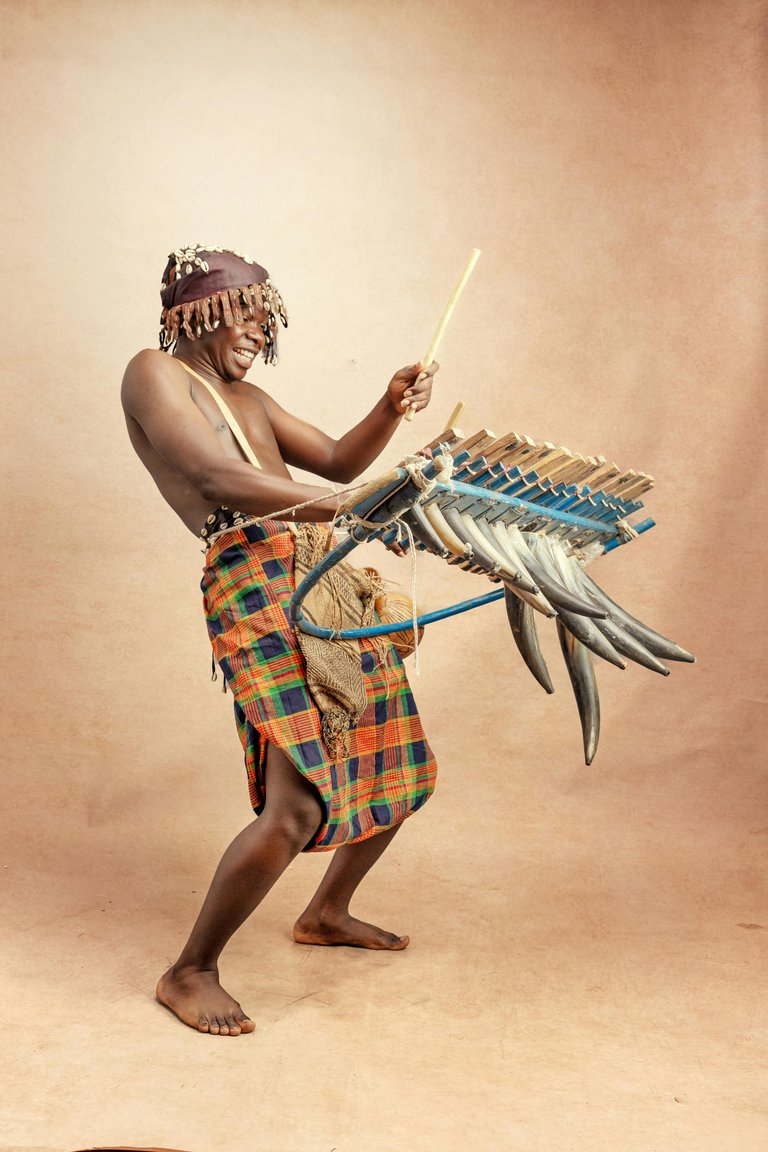Over the past decades, Africa as a continent has been embattled with diverse fundamental revolutionary changes from cultural to political, economic, social, biological, technological, and personal, transformative changes influenced by both internal and external factors.

Pexel
It is worth noting that the laudable impacts of evolution have not only improved the standard of living of Africans but have also refined the styles and genres of African music through this series of evolutions. In this piece, we will explore how each of these evolutions has impacted African music.
How Political and Social Evolution Impacted African Music.
Most African countries have undergone one political suppression or another. For example, Nigeria was ruled by a British colony before her independence in 1960, and South Africa was racial segregation, popularly known as, apartheid before Nelson Mandela's anti-apartheid movement until 1994 when they held their first democratic election, etc.
During this era, Africans developed a subtle way to air against opposition to their values, cultures, and practices through music, birthing one of the popular genres of African music called Afrobeat which emerged in Nigeria during the 1960s and 1970s. Examples of Nigerian musical artists known to rent their voices through their songs against corruption, anti-democracy, and anti-peace were Fela Kuti, King Sunny Ade, Ebenezer Obey, etc.
The Effects of Technological Evolution on African Music.
The world of technology is evolving, and its continuous growth has created a larger audience for African music.
Gone are the days of cassettes with black ribbons,
Bye to the days of buying disks only for them to become faulty after few days of use
Adieu to the days of carrying heavy musical gadgets around.
Despite the shock of the news, African musicians have learned to embrace the benefits of technological innovations and utilize them to their advantage and to make the craft better while creatively adding some of its elements to their music.
The advent of new technologies such as digital recording and the internet has made life easier for producers, singers, and listeners of African music, enabling a stress-free medium of making music and the distribution of it across all countries in the world, giving it the popularity African music truly deserves.
Aside from that, there are also new genres of music that have been infused into African music through cultural impacts and technological advancement and these include;
Afropop; A blend of African traditional music style and pop music styles.
Highlife; A genre of music that originated in Ghana and then later spread across other West African countries. It has a blend of Western musical styles and African music styles.

Instrumentations.
Back in the Stone Age, Africans solely depend on certain archaic equipment to help in producing a rhythmic upbeat to music such as Shekere, talking drum, Kakaki, Ichaka, Ogene, Kola, Balafon, etc
However, Africans now make use of saxophones, trumpets, Piano, Electric drums, Guitar, and Violins, among others, to create energetic and rich sound beats.
Undoubtedly, African music will continue to evolve, but its melodic rhythms, unbeatable beats, and unmatched energy will remain unchanged, proof of the power and beauty of African music.
©️ Medemausi
Posted Using InLeo Alpha